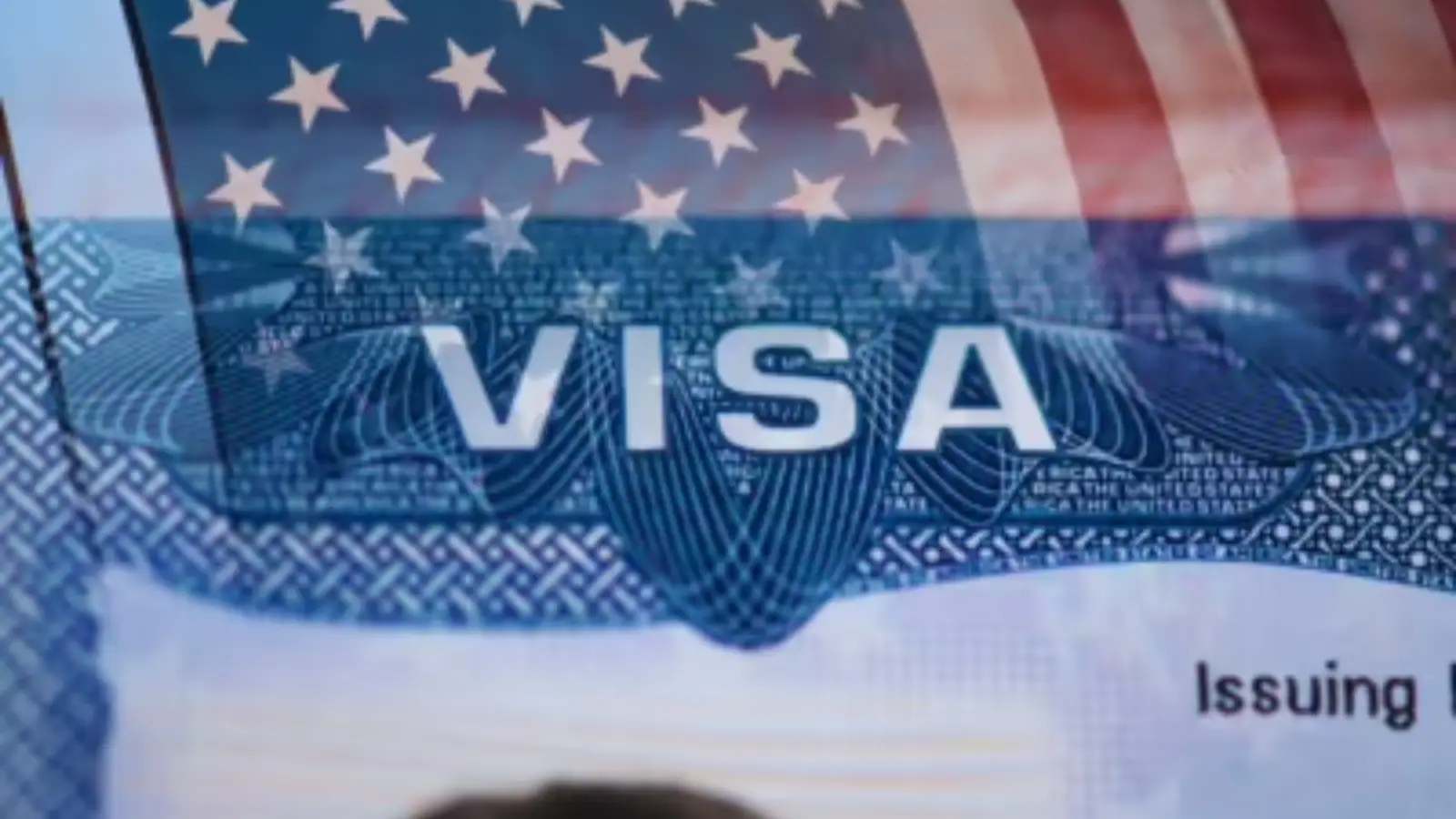Copyright news18

The United States has directed all its embassies and consulates worldwide to enforce stricter visa rules under the “public charge” provision, a longstanding immigration rule that bars individuals deemed likely to rely on government assistance. The new instructions, issued by the State Department, mark a return to the more stringent interpretation of the rule seen during US President Donald Trump’s previous term. The guidance instructs consular officers to deny visas to applicants deemed likely to rely on public benefits, weighing a wide range of factors including health, age, English proficiency, finances and even potential need for long-term medical care. The rules were eased under Joe Biden’s presidency, but the latest directive restores and expands the tougher framework that Trump had implemented during his earlier administration. “Self-sufficiency has been a longstanding principle of U.S. immigration policy… and the public charge ground of inadmissibility has been a part of our immigration law for more than 100 years,” the communication cable said, as quoted by Fox News. “You must examine all aspects of the case… including the petition, visa application, medical report, affidavit of support, and any information uncovered in the course of screening and vetting,” the cable stated. It also noted that any history of receiving government cash benefits, or previous institutionalization at public expense, could be used as grounds for denial. The direction from the State Department also means that visas to the US could be rejected based on certain medical conditions, including diabetes and obesity, according to ABC News. According to reports citing a directive sent by the US State Department to US embassies and consulates, visa officers will now be asked to factor in not just communicable diseases and vaccinations, which have long been part of immigration screening, but also non-communicable conditions when evaluating applicants. Under the new guidance, conditions explicitly named for review include cardiovascular diseases, diabetes, metabolic disorders, obesity, neurological ailments, and certain mental-health conditions. The directive notes that such illnesses can “require hundreds of thousands of dollars’ worth of care” over time. The policy marks a significant broadening of what “health screening” means in the visa process. Previously, the focus was largely on communicable diseases (like tuberculosis), vaccination status, and criminal/health disclosures. Now, officers are being asked to anticipate future healthcare costs and assess medical risk, which has prompted criticism.



